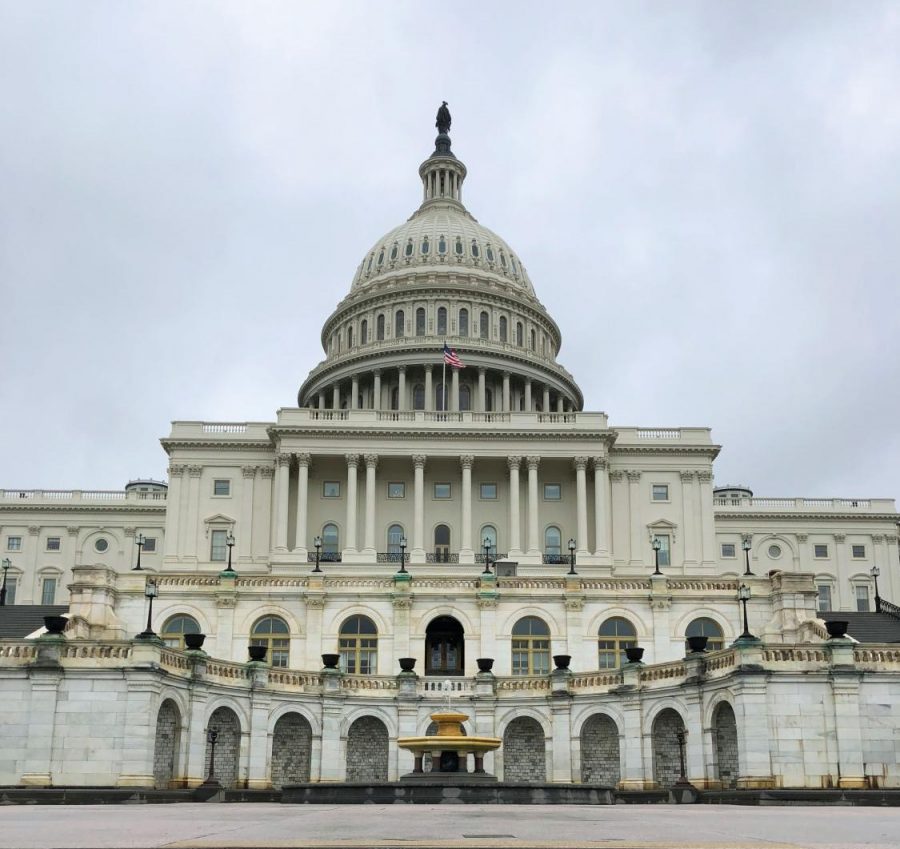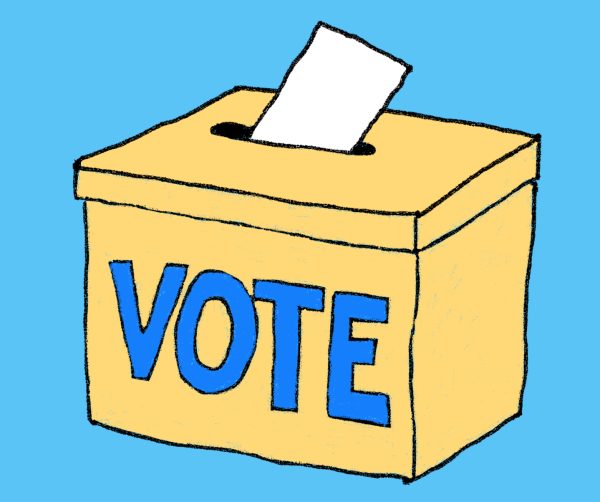Staff Editorial: Introduction to new net neutrality bill beneficial to community
March 17, 2019
The issue of net neutrality has been a lingering question in our government for several years now. Earlier this year, the Federal Communication Commission repealed net neutrality, allowing internet providers to block and prioritize certain users over others. To combat this, Rep. Paul Thissen and Sen. Ron Latz presented a new bill that would require companies that conduct business in Minnesota to comply with “net neutrality principles.” The Echo Editorial Board believes net neutrality would be positive and advantageous for the whole community and believes the bill should be passed.
The purpose of net neutrality is to equally offer free internet where providers are not allowed to favor any user, website or product for any reason. Without net neutrality, corporations are able to slow down the internet speed of competition, require companies to pay a fee in order to prevent slow connection and provide better connection for certain users.
The Echo Editorial Board recognizes the importance of technology’s role in education and the economy today and believes having free internet is something everyone should have access to. Technology has become a necessity that many cannot communicate or even live without. Having internet is especially crucial for students right now, as a majority of schools are seeing educational tools move from paper to online. According to the National Science Board, the percentage of school districts with access to high-speed internet climbed from 30 percent in 2013 to 88 percent in 2016.
Additionally, the Board believes that allowing provider favoritism will cause more monopolization of large companies, such as Netflix and Amazon, since some small startup companies will not be able to afford high-speed internet. Having net neutrality in place is what allowed a variety of large-scale online companies to flourish in the first place, as they did not have to pay for their internet speed. Leaving no room for startup companies to expand is not following the principles of democracy, as all people aren’t being represented equally. Furthermore, even large internet companies, such as Amazon and other aforementioned ones, face the threat of internet providers, like Verizon for example, slowing down their speeds or charging them just to get adequate connections.
Conversely, without net neutrality, providers would have the power to charge people extra to go to certain websites, and with education moving online, the Board does not want to see students having to pay to use certain online educational tools, such as PowerSchool or Schoology.
Overall, with no internet neutrality in place, it seems no one wins, whereas allowing for free internet access benefits all citizens.
In addition to the bill in Minnesota, Sen. Amy Klobuchar and Sen. Tina Smith—along with several House Democrats—have also been working to create national legislation that will be in favor of net neutrality.
The Echo Editorial Board believes that everyone who uses the internet is impacted by this legislation, which is why the board encourages all students to advocate for themselves by taking effective action and being persistent. This is a good way to elevate our voices, express our concerns and make change. Even though this is a national issue, by standing beside our legislators in Minnesota, we can actually make a change nationally and within our own communities.













